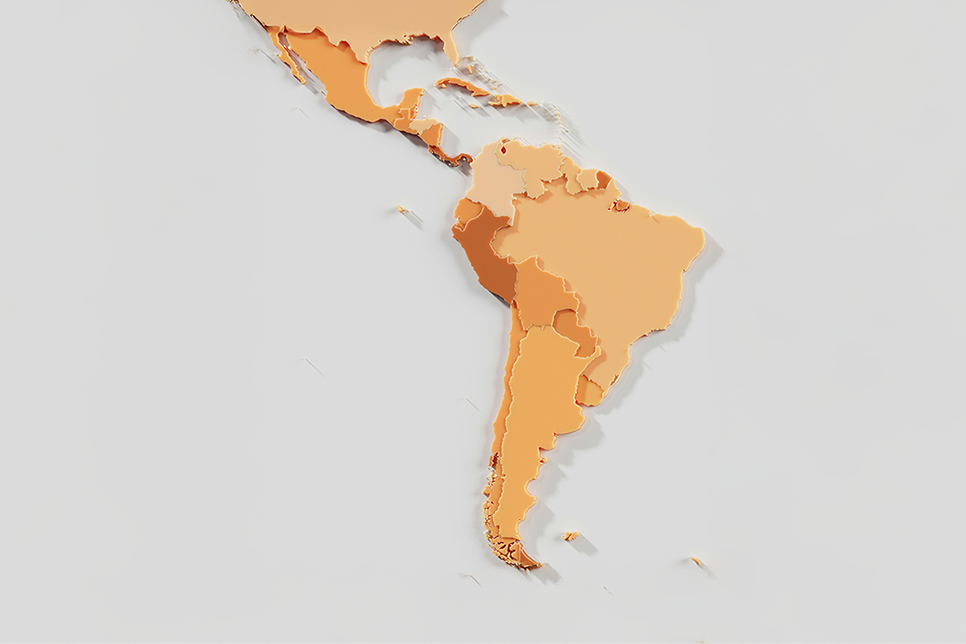by KnowledgeWorks Global Ltd.
In the early part of this year, as the COVID-19 pandemic spread rapidly around the globe, the international medical community was attempting to disseminate research as quickly as possible to educate an anxious public on an unknown virus and to advance treatments and ultimately, a vaccine. Social and traditional media featured an alarming amount of misinformation from non-scientific sources, which put even more pressure on journals to validate facts and deliver them as quickly as possible.
Unfortunately, as the pandemic reached a fever pitch, research was publicized and then retracted when questions arose about inconsistencies where journals and reviewers were not provided with the full set of data against which to conduct independent checks. “The hasty retractions…alarmed scientists worldwide who fear that the rush for research on the coronavirus has overwhelmed the peer review process,” reported the New York Times.
More symptomatic of a surge in new research than outright fraud, the episodes nonetheless reinforced a public distrust in science which began long before such clinical studies were withdrawn or misinformation proliferated online disguised as reliable sources. As early as 1999, an article in Nature highlighted the decades-long wane in the acceptance of scientific research, citing “instances where science and technology were responsible for disasters” and “[s]cience stories in the media [which] deal extensively with scientific errors and warning voices” as the likely causes.
That distrust has only grown in the last 20 years with an increase in the wariness of experts in general, conspiracy theories debunking scientific study, and errors in research that are played up in the media. We have seen that most acutely during the recent pandemic.
In these troubling times, the scholarly publishing infrastructure needs to both support speed and ensure accuracy of research output. While supply chain partners like KGL may not have the ability to retrieve missing laboratory data or improve reproducibility of results, service providers can certainly manage more of the logistics of accelerating the publishing process so that journals and editors are freed up to focus on the science.
Peer review is not just about verifying methods and claims; it is an administrative process requiring considerable staffing, training, and overhead. From basic tasks to running a full journal editorial office, publishers can outsource the work that ensures the scientific publishing process is followed with proper editorial standards. As with other specialized functions, publishers can find a trusted partner to worry about technologies, author and editor communication, and streamlined workflows involved in the submission, review, and approval process for journal content.
We have blogged extensively about how intelligent automation like that used in KGL’s Smart Suite platform can remove bottlenecks in the post-acceptance production process. But it bears repeating that high-speed publishing can be built on an infrastructure that ensures editorial quality. Once critical articles are vetted, the ability to apply rules-based formatting, perform reliable machine copyediting powered by Natural Language Processing (NLP), and automate pagination, author proofs, and generation of PDFs, all bring the research to market faster.
It is through both rapid distribution and fully scrutinized information that experts can begin to regain the trust of the public who so urgently need them. Publishers and their authors can rely on many available support systems as they work toward those greater goals.
KnowledgeWorks Global Ltd. (KGL) is the industry leader in editorial , production, online hosting, and transformative services for every stage of the content lifecycle. We are your source for intelligent automation, high-speed publishing, accessibility compliance, digital learning solutions and more. Email us at info@kwglobal.com.





